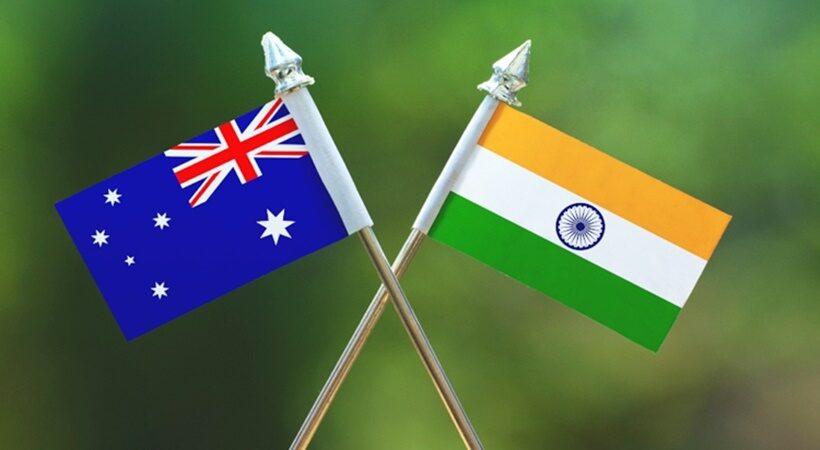Australia has decided to ease the entry of Indian information technology (IT) professionals to tackle the severe skills shortages in the sector under the free trade agreement negotiated by Canberra and New Delhi.
Australian and Indian negotiators exchanged their respective offers to reduce trade barriers on Friday.
Federal Trade Minister Dan Tehan and India’s Minister for Commerce and Industry Piyush Goyal have had several interactions in the recent weeks bringing the process to wrap up talks on the Comprehensive Economic Co-operation Agreement soon.
Australia has been grappling with a shortage of IT professionals, especially after the pandemic. According to the estimate of the tech Council, the gap would grow to 260,000 workers by 2025.
Being a tech sector powerhouse, India could help fill the void with the final free trade deal to help Australian firms “get access to the best human IT capabilities”, said Tehan.
“This will be a key part of the agreement,” he said.
“India also has a strong interest in their international students and around the area of post-study work rights, so that’s another area we are looking at.”
“The negotiations are tough as you would expect. There are sensitivities on both sides. We’re very determined not to see them get in the way,” he further said.
“Obviously wheat, beef and dairy are very sensitive for India. We’re very committed to explore from an Australian perspective other opportunities in India.”
“Skilled migration is an important component of tech workforces globally,” said Kate Pounder, chief executive of Tech Council.
“Accessing skilled migrants is especially important for Australia because our industry is still relatively young and smaller than some other markets”, Kate added.
“Australia obviously also trains a lot of Indian students, so we already have close ties via our education system in tech. However, more than 50 per cent of international students leave Australia within two years of completing their degree. There is an opportunity to build more permanent relationships between people working and studying between the two countries.”



















